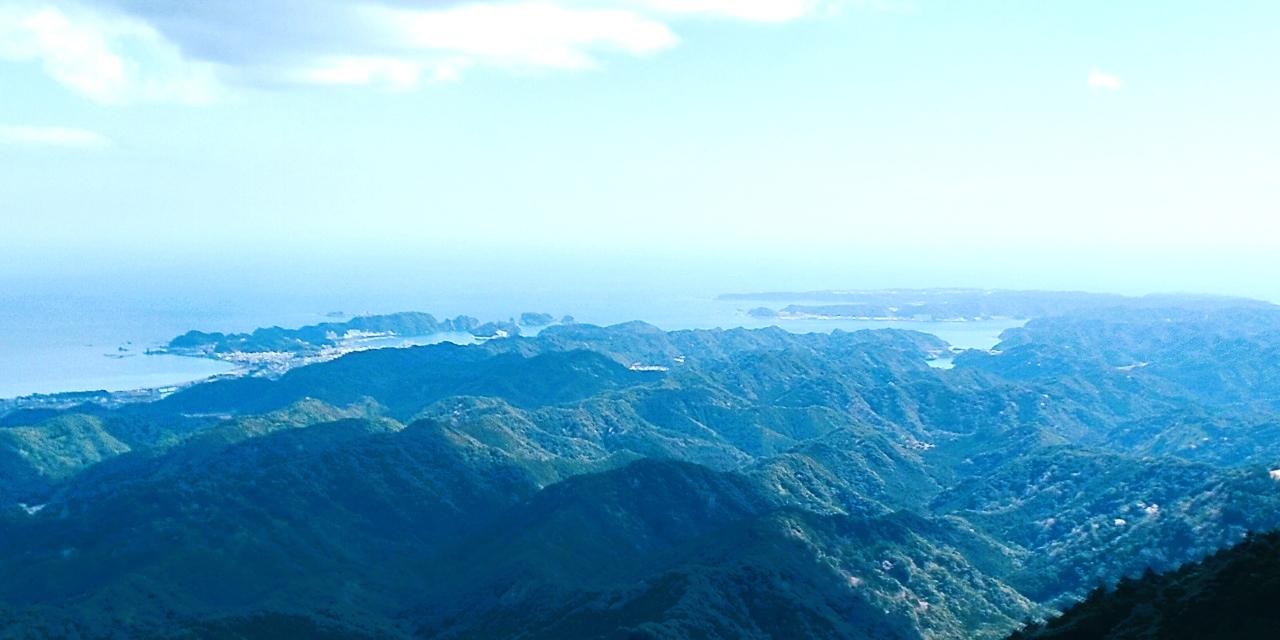
The picture above is the view of Nachikatsuura & Taiji towns facing the Pacific Ocean from the top of Mt. Myoho.
Bible:
Movie:
Jesus went out with his disciples beyond the valley of the Kidron. There was a garden there, and Jesus entered it with His disciples.
the valley of the Kidron
This garden is the Garden of Gethsemane. The word "Gethsemane" means "anointing.” It was so-called because there were olive trees and olive oil was made by squeezing the fruit of the olive trees. It was the place where Jesus often gathered with his disciples.
the Garden of Gethsemane
The "Gospel according to John" omits some of what is already written in the other Gospels.
For example, in Luke 22:44, we read that in Gethsemane, "Jesus was in agony, and prayed earnestly at last. His sweat fell to the ground like drops of blood." (Luke 22:44)
The same thing is described in detail in the Gospels of Matthew and Mark. John, however, does not mention it.
Also, Luke's gospel tells us that Peter cut off the ear of a soldier who tried to seize Jesus. Luke was a doctor, so was he concerned about what happened to that ear? It says that Jesus controlled Peter, touched his ear, and healed him. (Luke 22:51)
Verses 29-40 begin a question-and-answer session between Pilate and Jesus.
In verse 38, Pilate asks, "What is truth?" but without hearing Jesus' answer, he goes to the Jews and tells them in verse 38, "I find no sin in this man." Pilate's answer in verse 38 is, "I find no sin in this man.” What was his true intention?
Pilate should have known from his interrogation of Jesus that he was not trying to overthrow Roman rule. Besides, he would not have wanted to get involved since this was a religious issue. But guess what, Pilate said in verse 39, "It is your custom that at the Passover I forgive one for your sake. Therefore, do you want me to forgive this king of the Jews?"
The Roman Empire had stripped the Jews of their right to execute the death penalty in 30 AD. Therefore, the Jews had no authority to put Jesus to death. Why did they bother to propose to the Jews who wanted Jesus to be put to death so that they could release him?
Attitudes like Pilate's exists. Instead of facing the truth and the situation, we may become defensive and evade responsibility. I strongly hope that politicians will formulate firm policies for the safety and happiness of the people and carry through with holistic politics. We should also refrain from saying and doing things that are too vague about our own opinions and lack consideration for those who are in vulnerable positions because we are sometimes concerned about the public's opinion or the atmosphere of the moment.
I believe that contrary to Pilate's intention, the Jewish people's hatred of Jesus, who was to be put to death at any cost, was doubled by his expression of their desire to put him to death. For them, this was a unique opportunity to break off diplomatic relations. Naturally, the Jews there cried out in verse 40, "Not him, but Barabbas.”
Here, John describes Barabbas as a robber, but he was probably such a villain that Luke 23:25 says, "He was in prison for rioting and murder.”
The risk of blasphemy, rebellion, and riot put Pilate in a difficult position, and he was faced with the choice of executing an innocent Jesus.
Love where there is hatred,
Forgiveness where there is a dispute.
Match where there is a division 、
Faith where there is doubt
Truth where there is an error,
Hope where there is despair
Light where there is darkness,
Joy where there is sadness.
Oh Lord, be a comforter rather than a comforter.
For those who understand rather than understand
For those who love rather than be loved.
It is received by what we give ourselves
Forgiveness by forgiveness
By offering your body and dying
Because you can get eternal life.
This season is also known as the "Passion Season," and is a time to remember the suffering of Jesus leading up to the cross, which lasts until the day before Easter.
The word "Lent" means "forty," which means that Lent is "forty days to remember the suffering of Jesus.” The first day of Lent, March 2, is called "Ash Wednesday.” However, it is 40 days before Lent, counting the days excluding Sundays.
This is because Lent is a time of so-called "self-restraint" in remembrance of Jesus' suffering, but Sunday is the only day that is excluded from the count because it is a day of joy in honor of Jesus.
Incidentally, Passion Week begins on Sunday, April 10, with "Baptism Day" on Thursday, "Passion Day" on Friday, and "Easter" on Sunday, April 17.

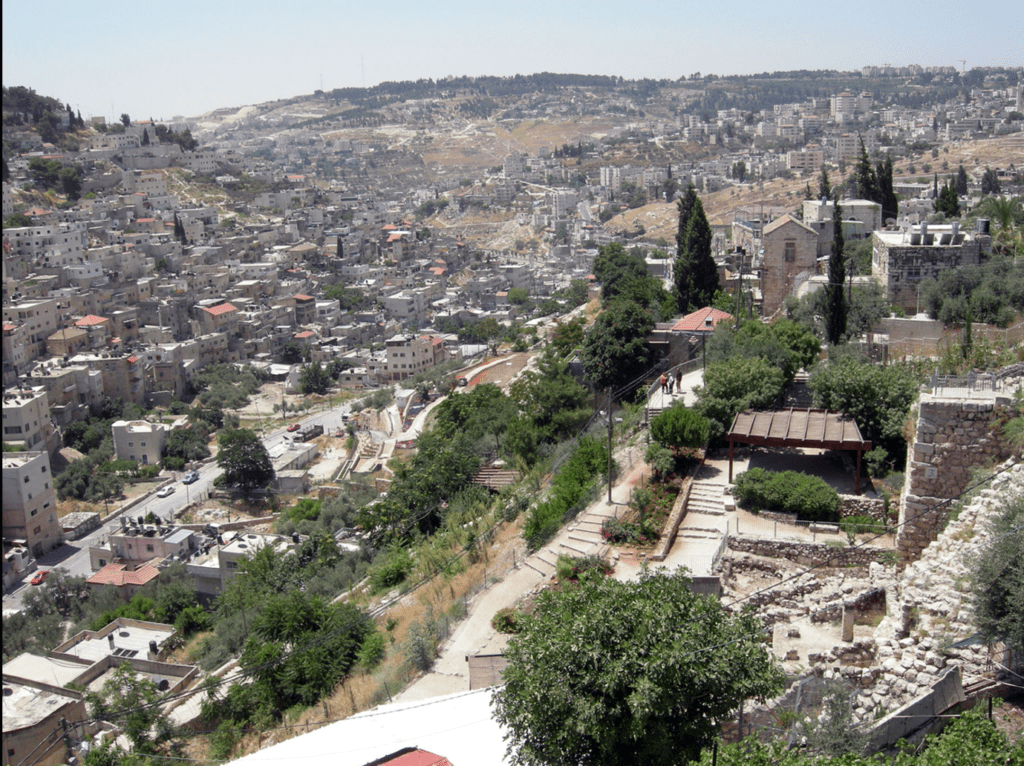
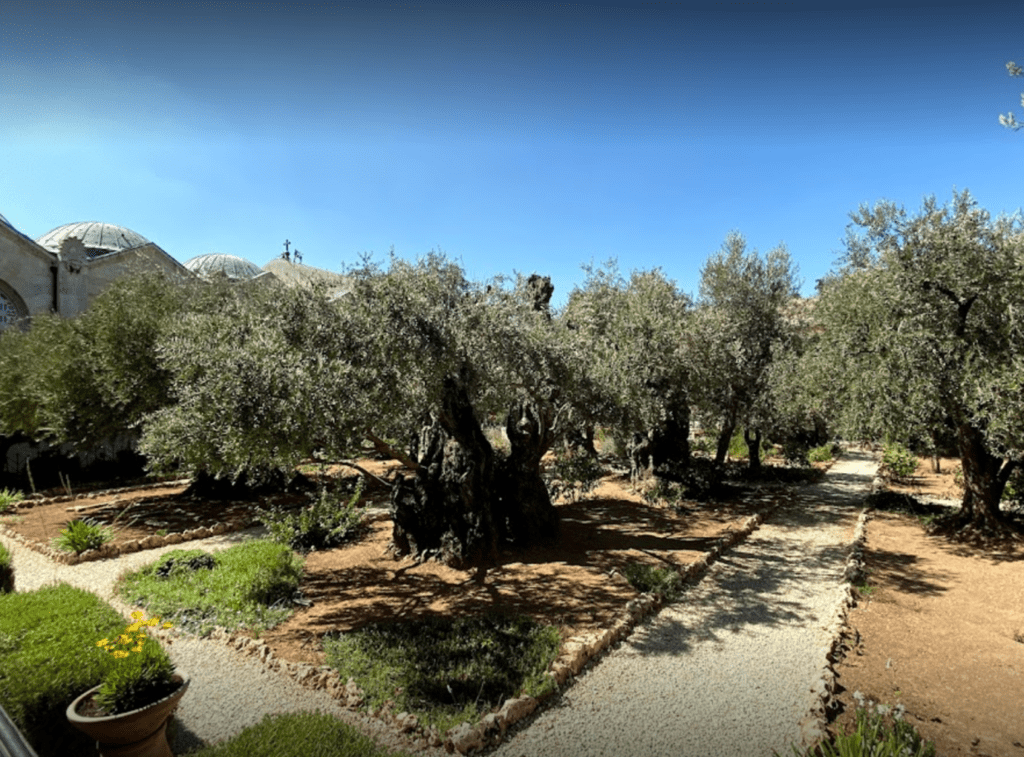


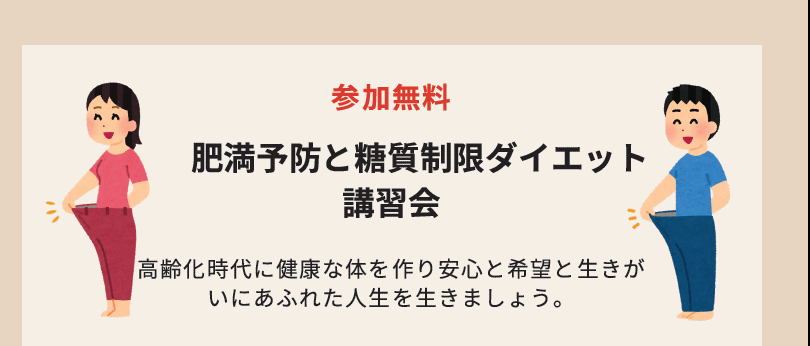
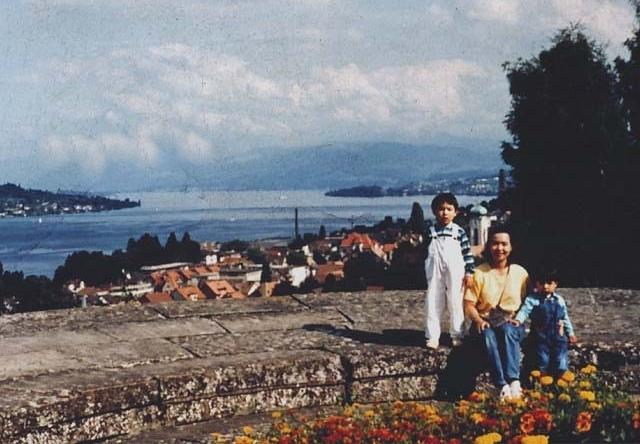

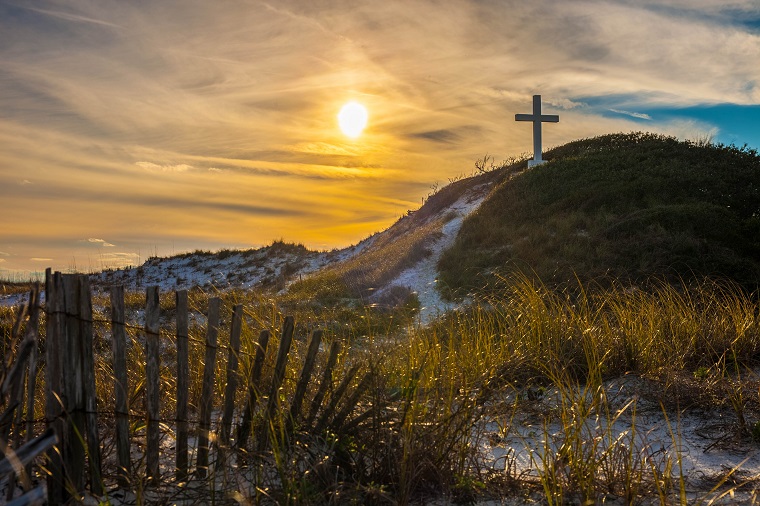













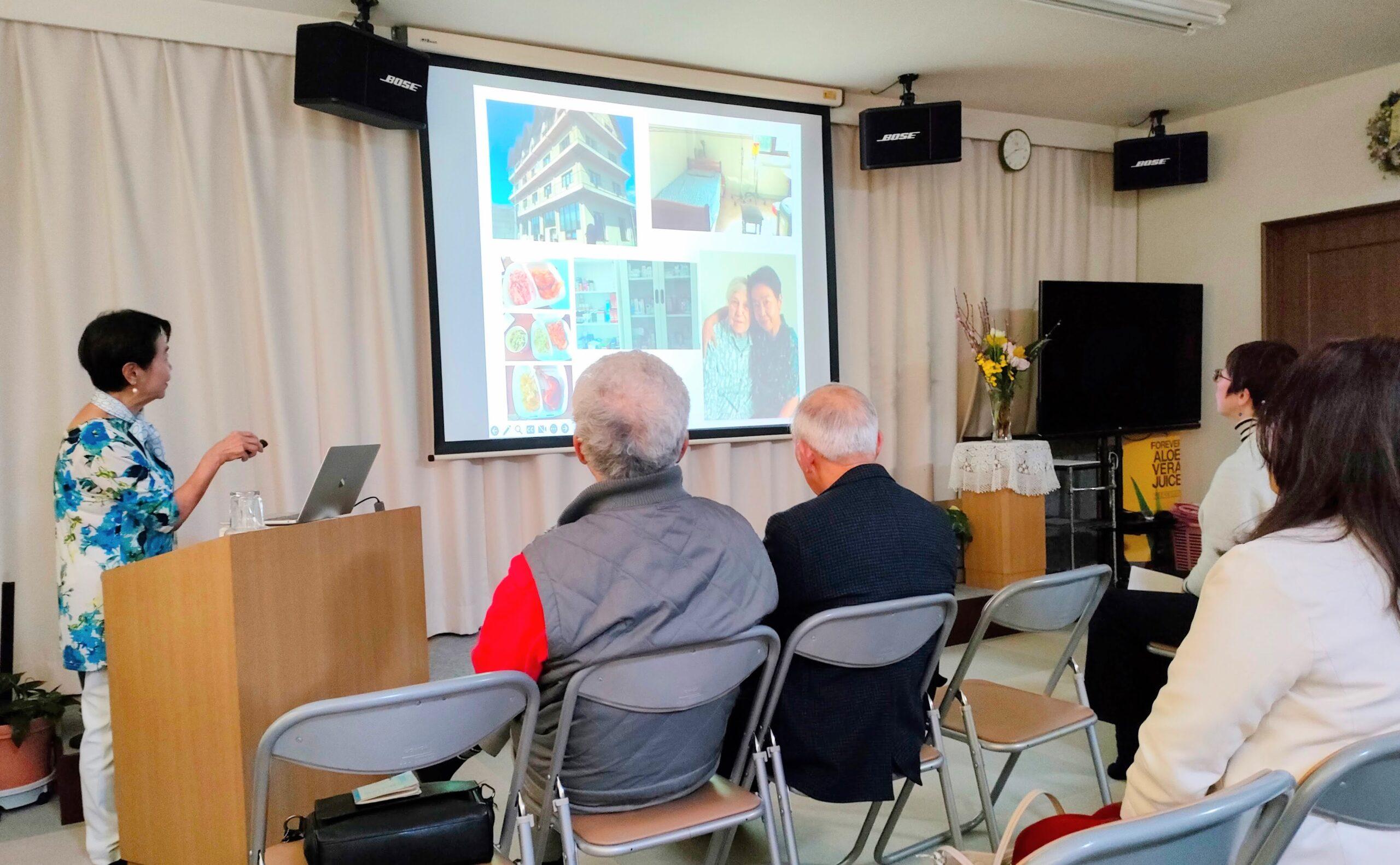
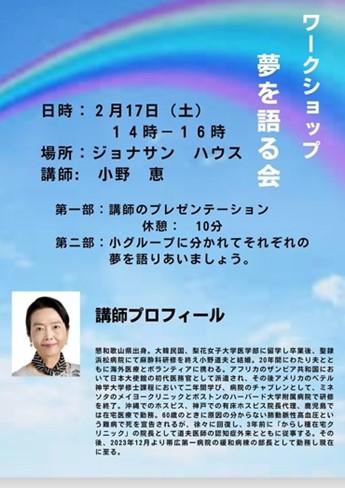
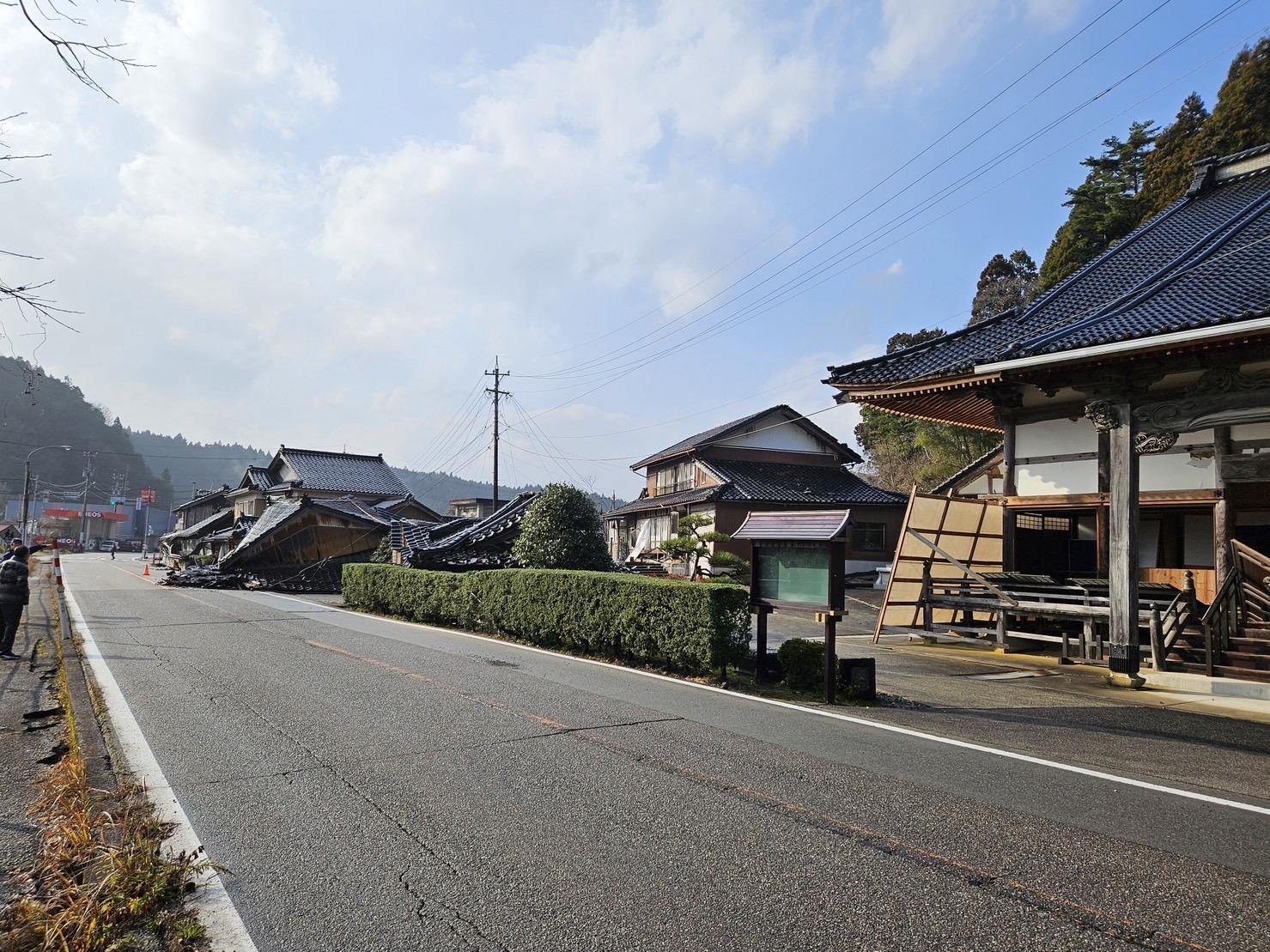
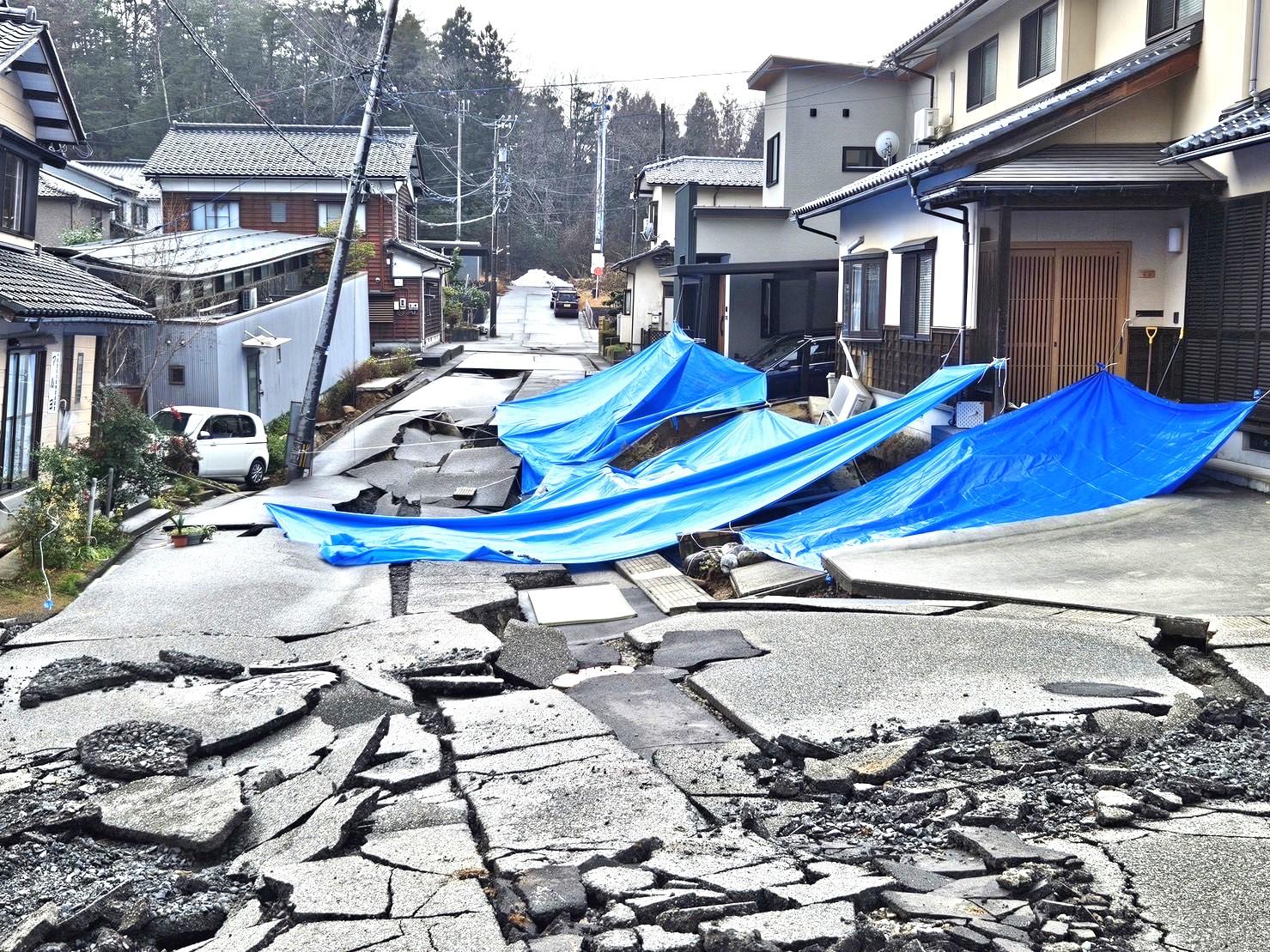
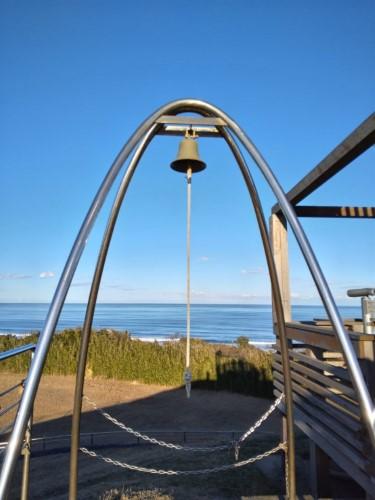

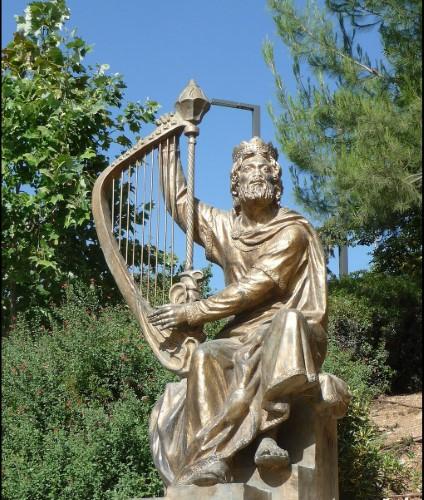



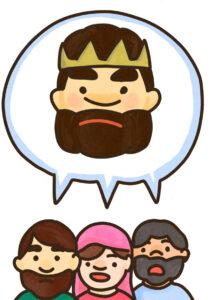
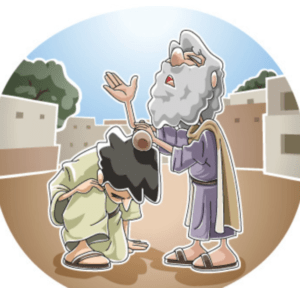

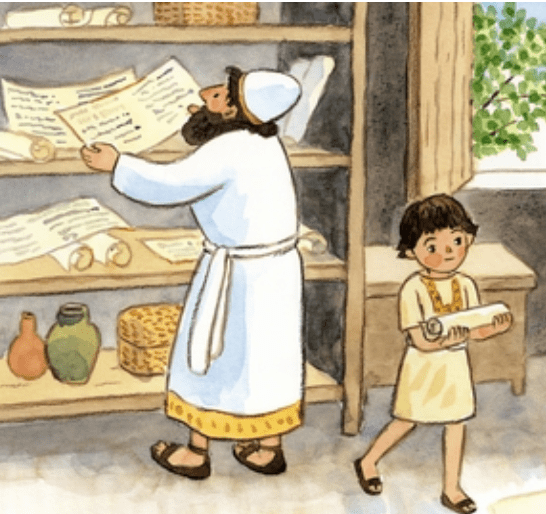
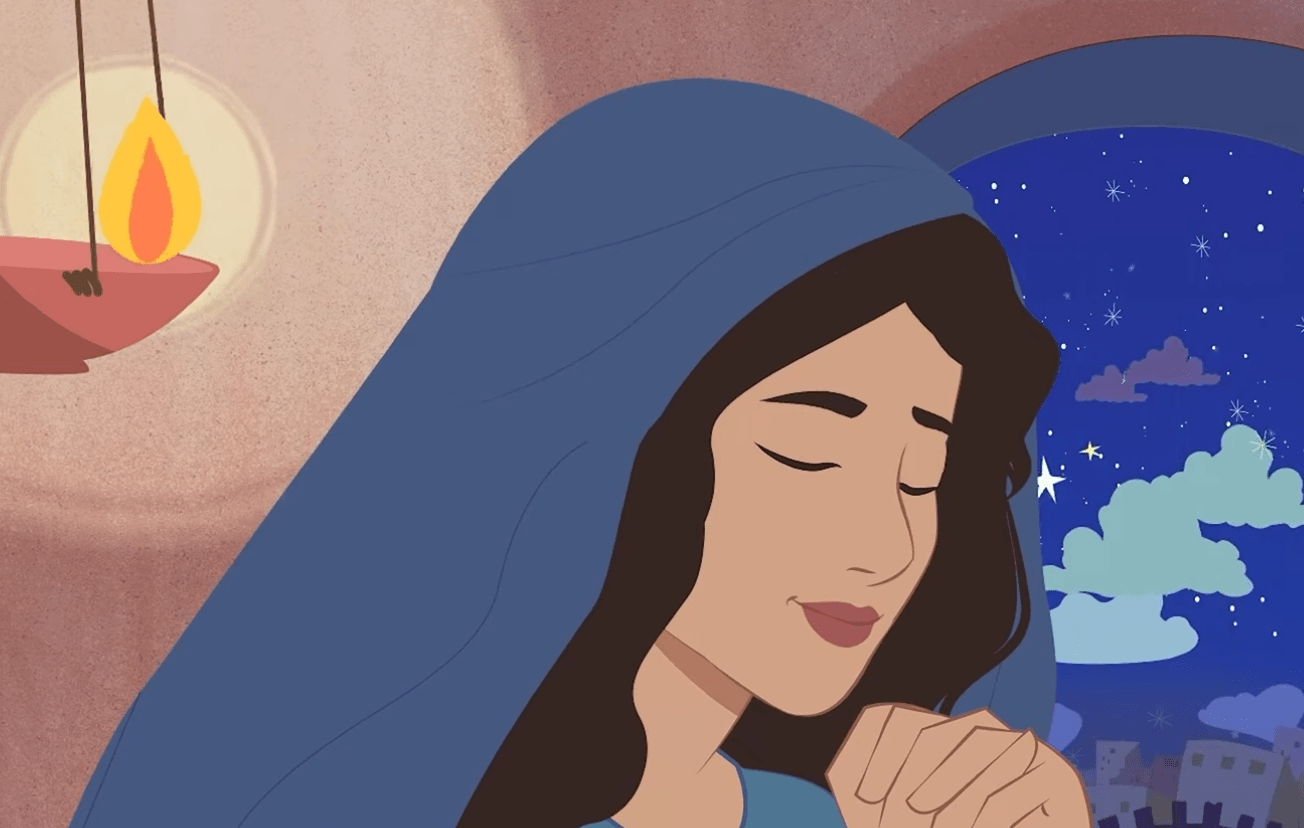
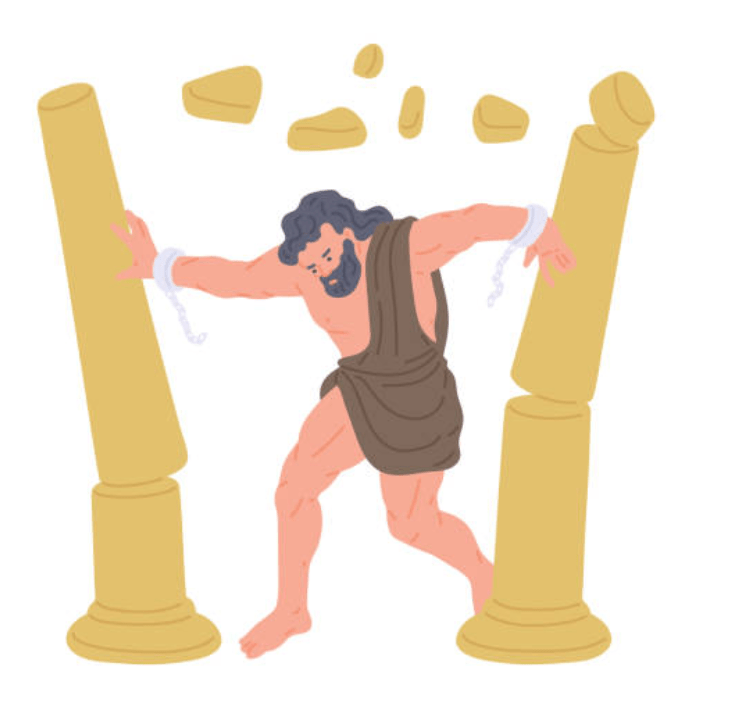
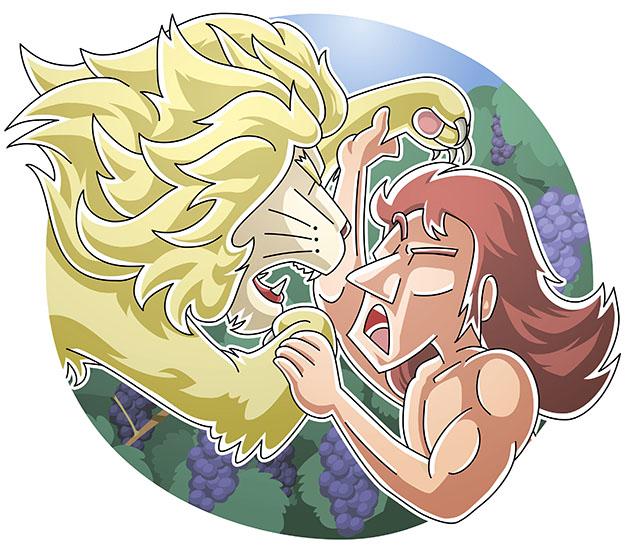
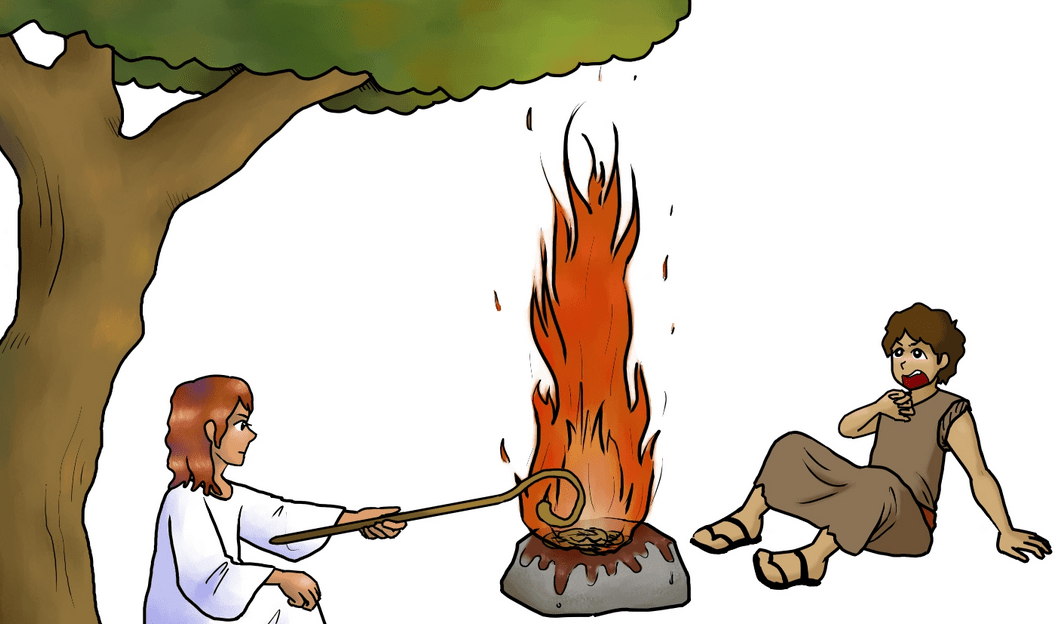
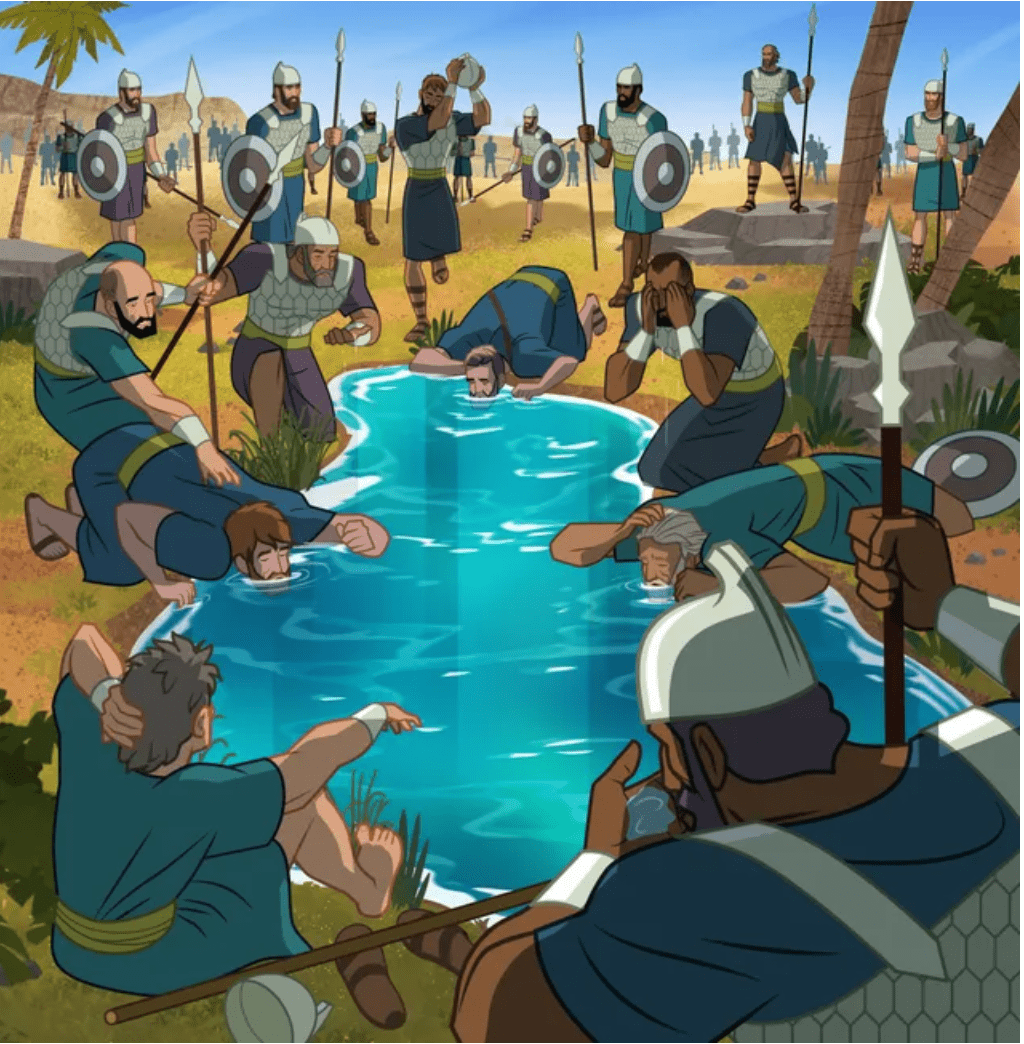
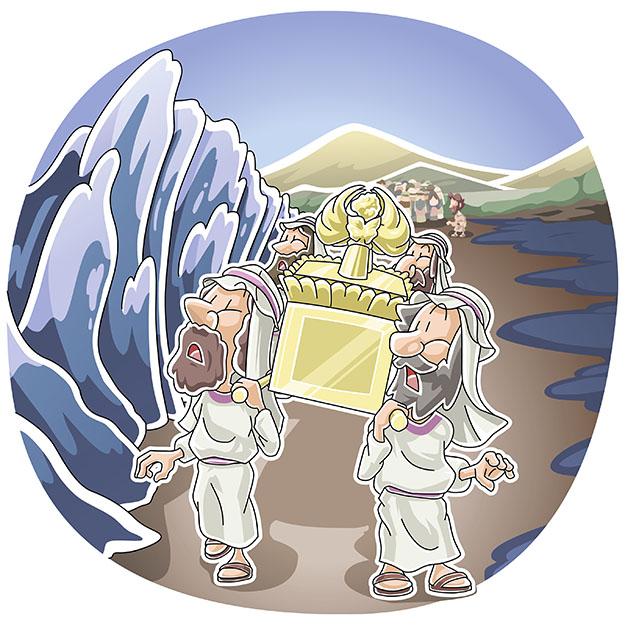
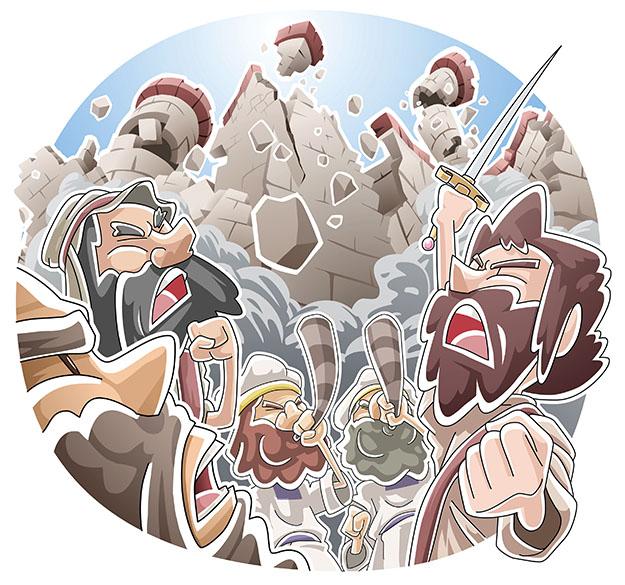




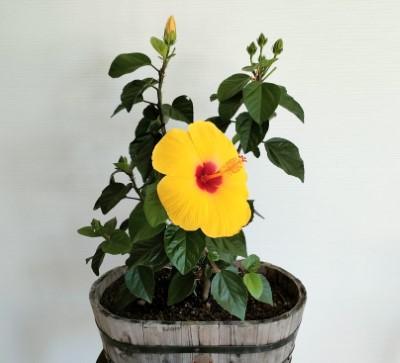




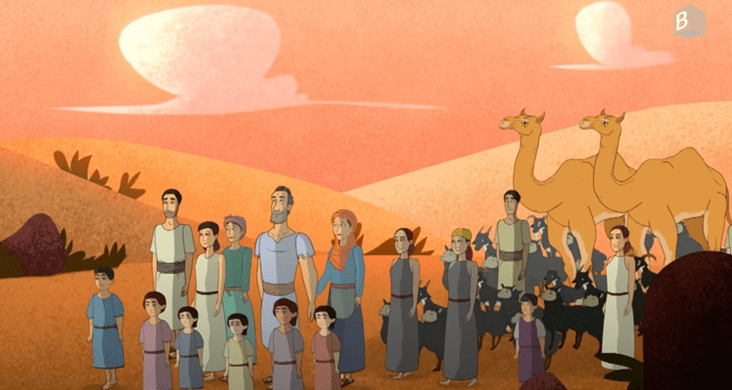












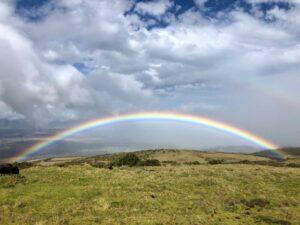






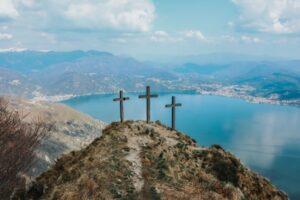
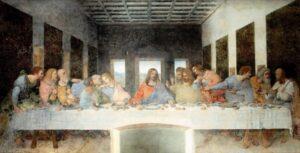
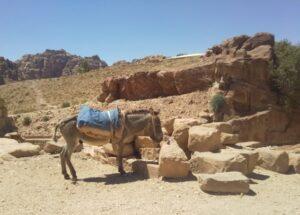
























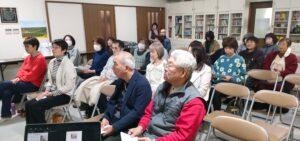
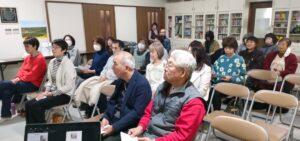
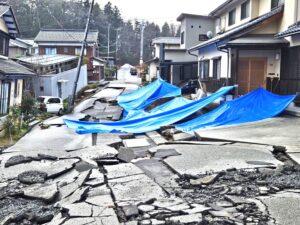
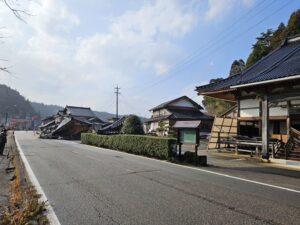
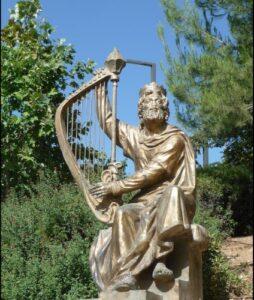

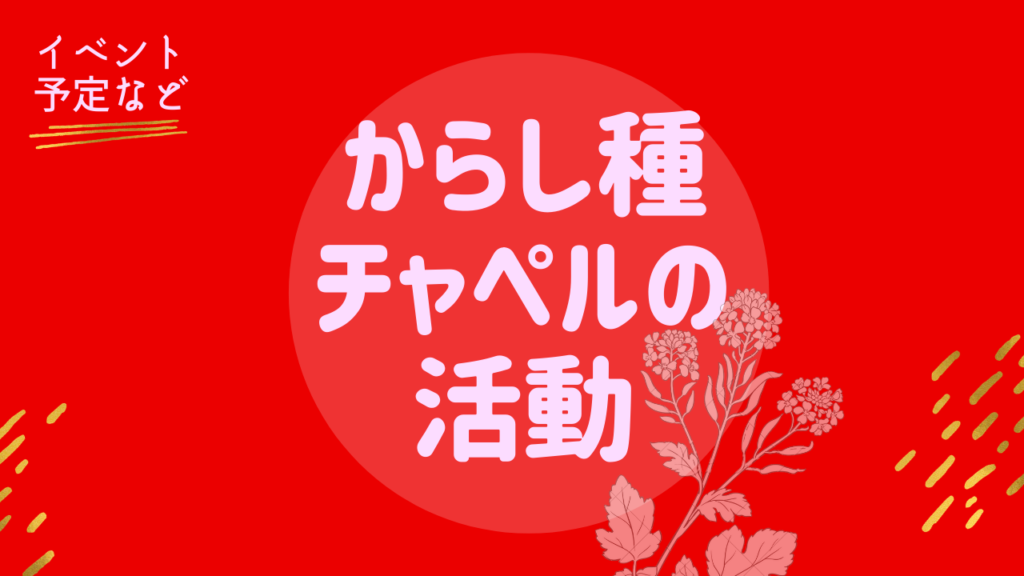 からし種チャペルの活動に関しては、ここからお入りください。皆様のご参加をお待ちしています。
からし種チャペルの活動に関しては、ここからお入りください。皆様のご参加をお待ちしています。